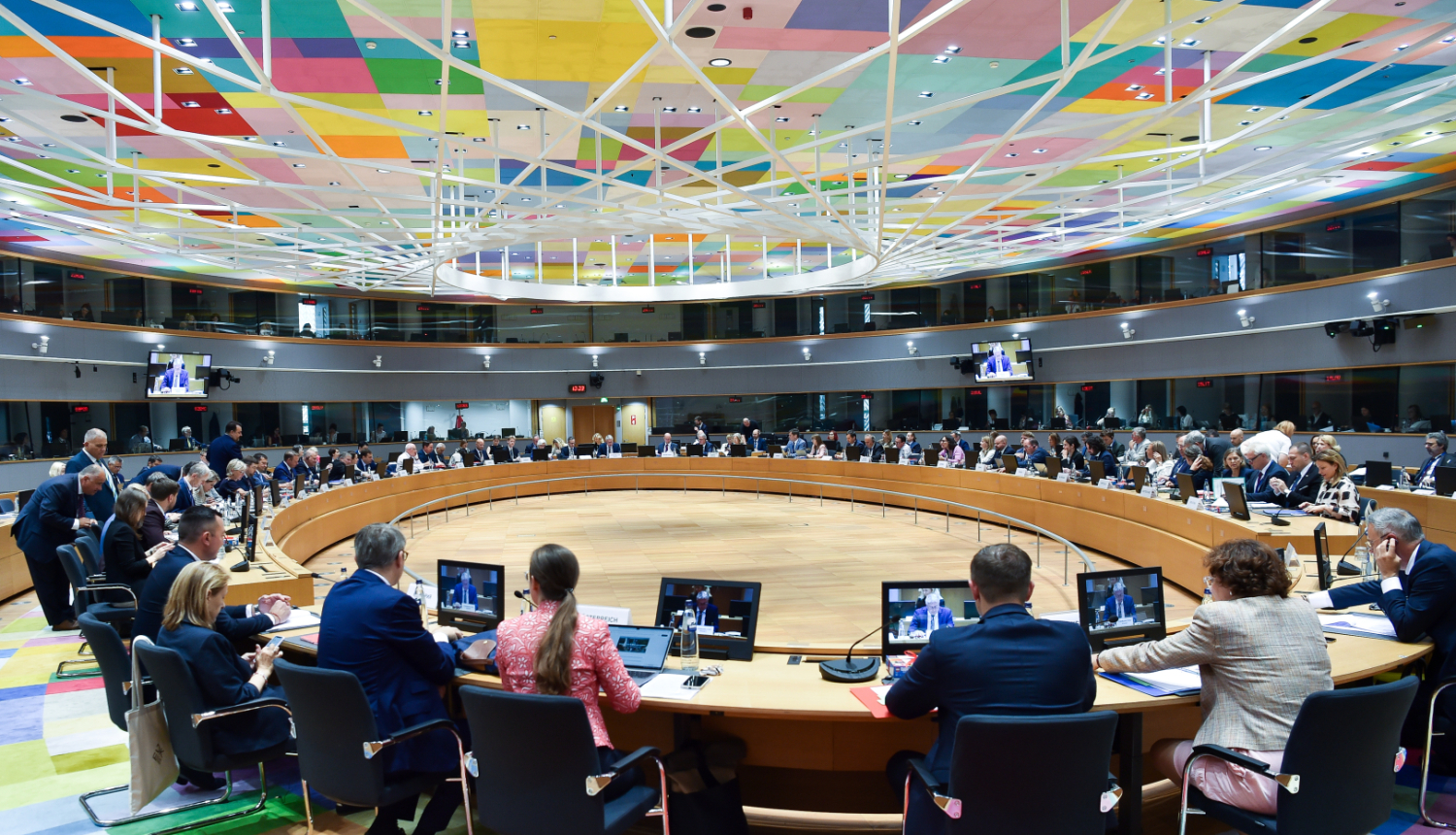On Monday, July 14th, Minister of Agriculture Armands Krauze participated in the EU Agriculture and Fisheries Council meeting in Brussels, Belgium, and met with ministers from the Baltic Sea countries to discuss region-specific issues related to fisheries and peat production.
During the Council meeting, Denmark — currently holding the EU Council Presidency — presented its presidential priorities, and the ministers of the Member States discussed current challenges in the agricultural and food product markets. Minister Armands Krauze highlighted the difficulties caused by heavy rainfall for agriculture in Latvia and pointed out that inequality still exists at the EU level concerning the import of Russian mineral fertilizers.
Although sanctions against the aggressor state are in effect, certain types of mineral fertilizers still benefit from very favorable import conditions within the EU. Latvia believes that imports from Russia and Belarus should continue to be restricted and that the list of customs tariffs should be expanded to include other mineral fertilizers and also fish.
During the meeting with ministers from the Baltic Sea region, Minister Krauze raised two key issues — the increasing damage caused by seals and cormorants to fisheries and the economic importance of peat for peat-rich countries.
“The damage caused by seals and cormorants to fisheries increases every year. The existing compensation mechanisms and control measures are insufficient to effectively address this issue. We need a unified, coordinated approach at the European level to ensure that the harm caused by predatory species does not endanger either the livelihood of fishers or marine fish stocks,” said Minister Armands Krauze.
In the discussions on the role of peat, the minister emphasized that peat is strategically important not only for food production and agriculture but also for forestry and achieving climate goals. He called on all stakeholders to cooperate so that countries can make use of this resource.



